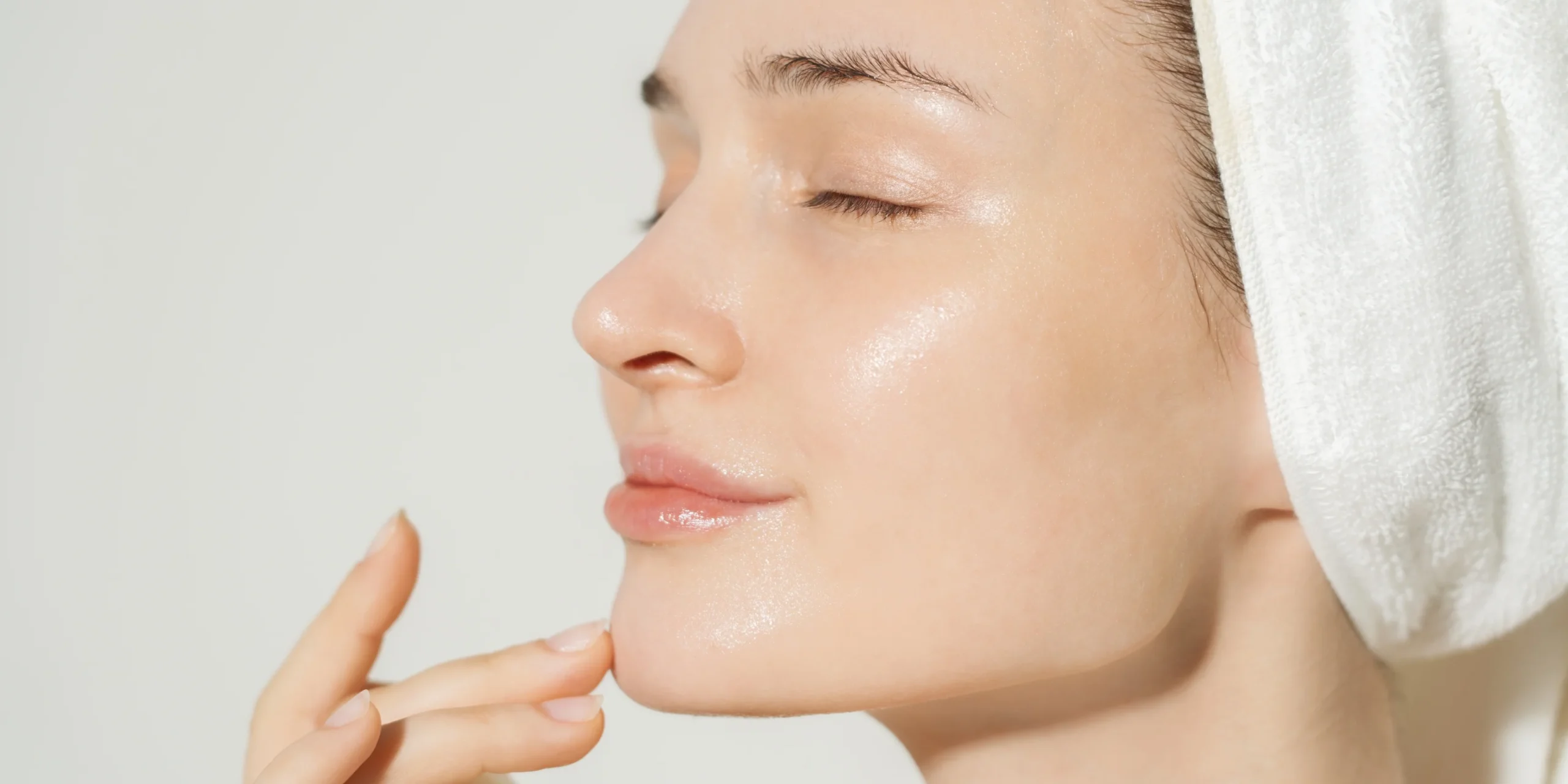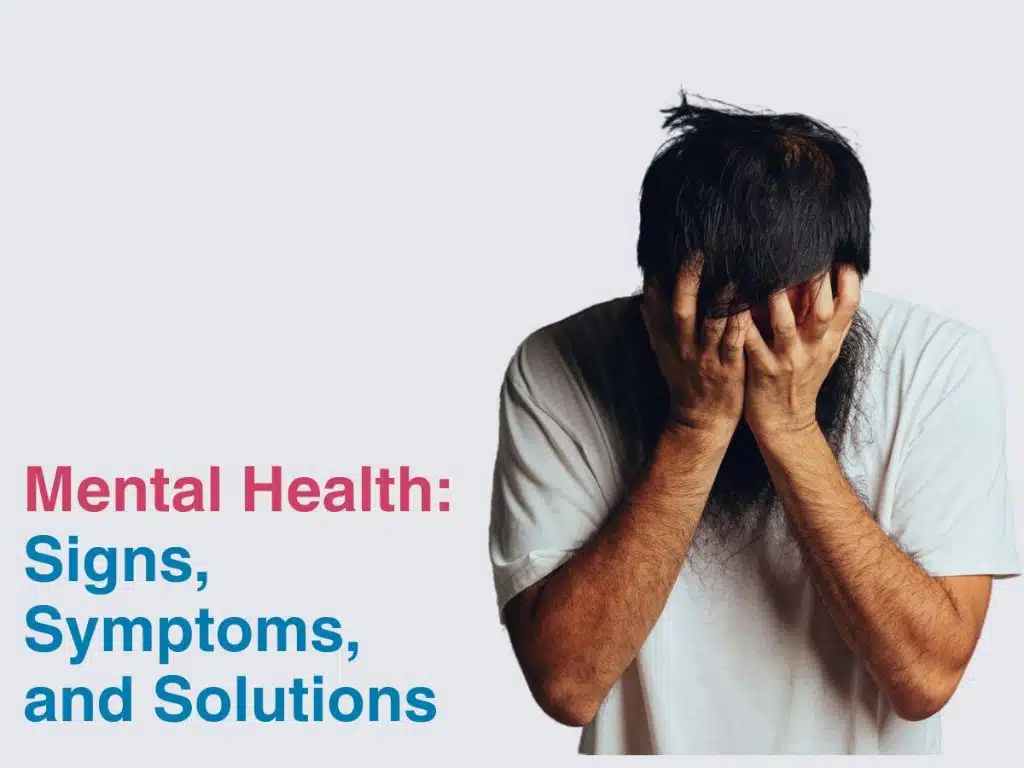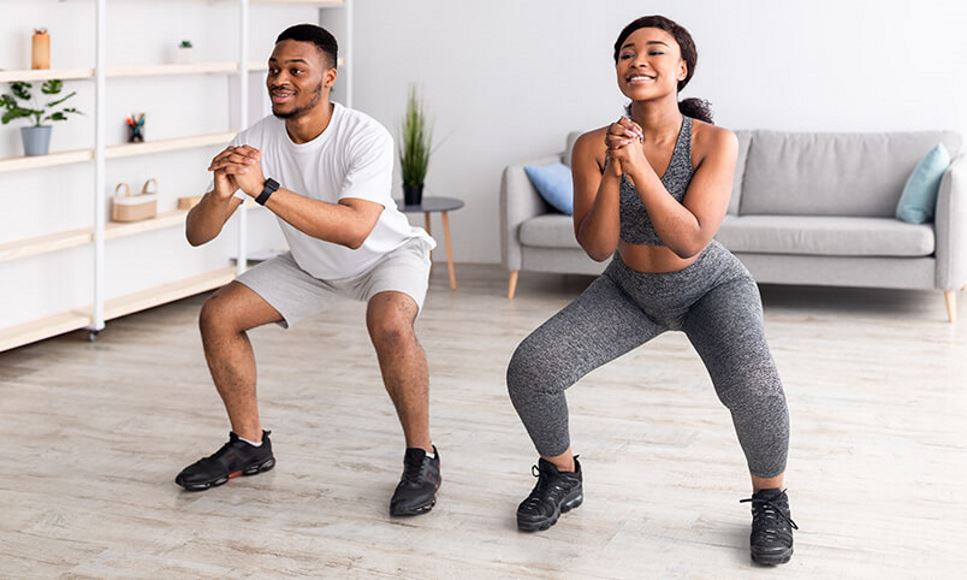
Holistic Health Integration
People are increasingly moving away from isolated fitness or diet plans and embracing holistic health, which includes mental, emotional, and physical well-being. This includes practices like mindfulness, yoga, breathwork, and even sound therapy.
Personalized Wellness
Technology and data are driving more personalized health solutions. From DNA-based diets to wearable devices providing real-time health insights, individuals are now able to tailor wellness routines to their unique genetic makeup and lifestyle.
Mental Fitness
Just as we exercise our bodies, mental fitness is gaining attention. Practices like meditation, journaling, cognitive behavioral techniques, and even neurofeedback are being integrated into wellness routines.
Functional Nutrition & Supplements
People are moving towards functional foods and supplements aimed at optimizing health rather than just addressing deficiencies. Adaptogens, nootropics, and gut health supplements continue to be popular.
Sustainable Wellness
Eco-conscious wellness practices are rising. This includes plant-based diets, eco-friendly fitness gear, and brands promoting sustainable sourcing and packaging.
Sleep Optimization
Quality sleep is finally being prioritized. From smart mattresses to sleep tracking apps and supplements like magnesium and CBD, there’s a huge focus on improving sleep hygiene.
Digital Wellness Platforms
With more people working remotely or in hybrid models, digital wellness platforms offering guided meditations, fitness classes, and mental health resources are booming.
Alternative Healing Practices
Interest in therapies like acupuncture, Ayurveda, Reiki, and traditional Chinese medicine is growing as people seek natural ways to heal and maintain wellness.
♂️ Movement Diversity
Fitness routines are becoming more diverse and enjoyable. Practices like animal flow, dance cardio, and hybrid workouts that mix strength training with mindfulness are all the rage.
Proactive Health Screenings
People are investing in proactive health measures like regular health screenings, blood tests, and monitoring biometrics to prevent disease rather than just treat it.
Would you like me to turn this into a detailed article or guide? Also, should I tailor it toward a specific audience or purpose?
Here are some additional hot trends in wellness this year:
Brain-Boosting Technologies
Neurotechnology is getting mainstream attention, with products like transcranial stimulation devices, meditation headsets, and apps designed to enhance cognitive performance and manage stress.
Health Tech Integration
Beyond wearable devices, AI-driven health apps are now offering tailored wellness advice, meal plans, fitness routines, and mental health resources all in one place.
Microbiome Health
The gut-brain connection is becoming more prominent, with many people focusing on probiotics, prebiotics, and dietary changes aimed at enhancing gut health for improved mood, energy, and immunity.
Nature Therapy
People are increasingly turning to nature for healing, with practices like forest bathing, grounding, and eco-therapy aimed at reducing stress and improving overall mental health.
Virtual Wellness Communities
The digital space has expanded to include wellness communities where individuals can share experiences, offer support, and access guidance from experts globally.
♂️ Stress-Relieving Spaces
Homes and offices are being redesigned with wellness in mind, including features like meditation rooms, air purifiers, circadian lighting, and aromatherapy zones.
Cold Therapy
Ice baths, cold plunges, and cryotherapy are gaining popularity for their supposed benefits in reducing inflammation, boosting energy, and improving mental resilience.
Clean Beauty & Skincare
People are increasingly aware of the ingredients in their skincare products, with a growing preference for natural, non-toxic, and eco-friendly beauty solutions.
Corporate Wellness Programs
Businesses are investing in employee wellness programs that address not just physical health but mental and emotional well-being through resources like mental health days, meditation breaks, and wellness workshops.
Intuitive Eating
Ditching traditional diets, more people are embracing intuitive eating—listening to the body’s hunger cues rather than adhering to rigid calorie counts or diet plans.
Strength Training for Longevity
While cardio remains popular, strength training, especially with a focus on mobility and functional movement, is increasingly recognized as crucial for long-term health and vitality.
Immersive Wellness Experiences
VR and AR technologies are being integrated into wellness for guided meditations, fitness training, and even stress-relief simulations.
Would you like me to turn all of these points into a structured, well-researched article? Also, should I focus on specific industries or demographics, like corporate wellness, healthcare providers, or everyday wellness enthusiasts?



 DailyMediCure
DailyMediCure 











